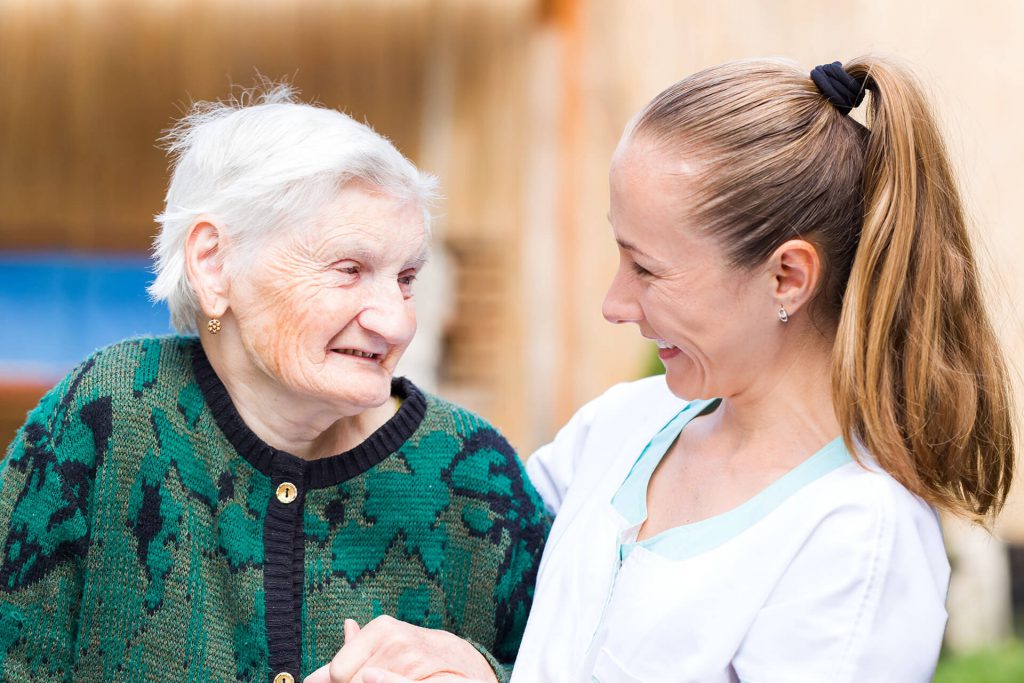Winter Fitness Tips for Older Adults: Nurturing Well-being in Private Nursing and Adult Care
As the winter season sets in, staying active becomes crucial for maintaining the overall well-being of older adults, especially those in private nursing and adult care. Cold temperatures and inclement weather can pose challenges, but with a tailored fitness routine, seniors can combat the winter blues and promote their physical and mental health. In this article, we’ll explore effective winter fitness tips specifically designed for older adults receiving private nursing and adult care.
- Indoor Exercises:
Encourage indoor exercises tailored to the needs of older adults. Gentle activities like chair exercises, yoga, and tai chi can enhance flexibility, balance, and strength without putting undue stress on joints. In private nursing and adult care settings, caregivers can incorporate these exercises into daily routines, ensuring a comfortable and safe environment for seniors.
- Warm-up Adequately:
In colder weather, proper warm-up becomes crucial to prevent injuries and stiffness. Gentle stretching or a short walk indoors before engaging in any physical activity can help increase blood circulation and prepare the body for more strenuous exercises. Caregivers should work with older adults to design warm-up routines that suit their individual needs and abilities.
- Safety First:
Winter conditions can be hazardous, making it essential to prioritize safety during outdoor activities. For seniors who enjoy walking, ensure they have appropriate footwear with good traction to prevent slips and falls. Caregivers should also check outdoor areas for ice and snow, making necessary modifications to guarantee a secure environment for exercise.
- Hydration:
While it’s common to associate dehydration with hot weather, it’s equally important during the winter months. The dry air and indoor heating can contribute to dehydration. Caregivers should ensure that older adults in private nursing and adult care receive an adequate intake of fluids throughout the day, even if they don’t feel thirsty.
- Social Engagement:
Winter can be isolating, particularly for seniors in private nursing and adult care. Incorporate social activities into the fitness routine to combat loneliness and enhance mental well-being. Group exercises, virtual classes, or even a simple stroll with a caregiver can provide both physical activity and social interaction.
- Mind-Body Connection:
Promote activities that foster the mind-body connection, such as meditation or mindfulness exercises. These practices can help reduce stress, improve mood, and enhance overall mental well-being. Caregivers can integrate short meditation sessions or mindfulness practices into the daily routine, tailored to the preferences of the older adults they are caring for.
Conclusion:
Winter Fitness for older adults in private nursing and adult care is about creating a holistic and personalized approach that addresses physical, mental, and social well-being. By incorporating indoor exercises, emphasizing safety, staying hydrated, encouraging social engagement, and nurturing the mind-body connection, caregivers can contribute to a healthier and happier winter season for the seniors under their care. Together, these efforts ensure that the cold months become an opportunity for growth and vitality in the realm of senior care.




sed
9vmaiLQVmbu